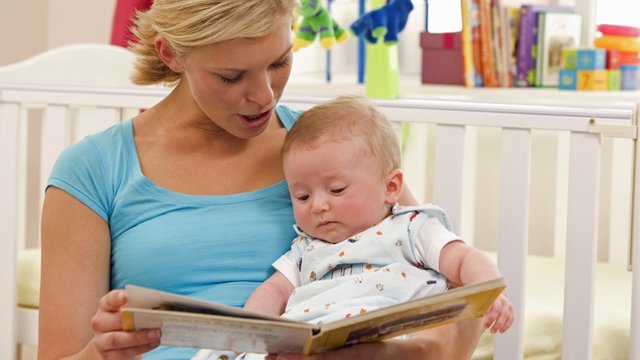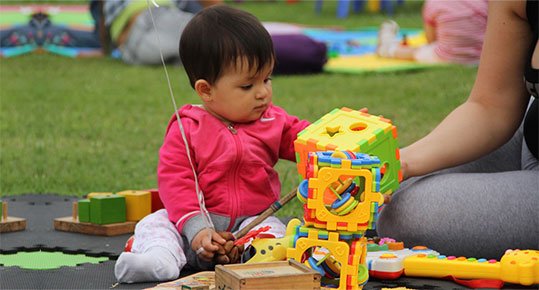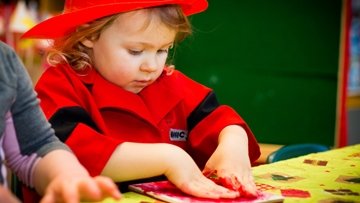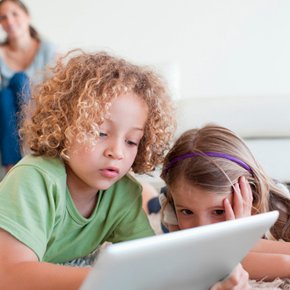How can the learning process be stimulated in childhood?
Learning is a process by which the human being acquires knowledge, skills, behaviors, and values.

source
Learning begins in childhood, from the first days of the baby, and impacts his whole life. At that moment, the learning process takes place according to the child's interactions with the new environment, the experiences exchanged with the people around him, observation and study.
Parents and educators are constantly working on teaching and educating children, but one obvious fact is that not everything that is taught is really learned. In the opposite direction, there are things that, although they are not taught, children learn. Thus, that is not a direct process, but it can be stimulated with the correct understanding of what is attractive and challenging for each child individually.How to stimulate the learning process in childhood, how does life-long learning shape the individual and how to use technology in favor of development?
Stimuli since childhood
Children can receive stimuli at all times, but it is important to know how to dose so as not to exaggerate and end up demotivating the little ones. The safest at the beginning of life is the playful stimulus since it guarantees greater motivation and enriches the learning process.
More than a hobby, the children's joke develops language, attention, body expression and spontaneity.
Invite children to do creative and challenging activities, such as:
Educational puzzle games and memory games, which stimulate memorization and reasoning;
Reading books of various themes and styles, which habit stimulates speech and writing; Y
musical activities and dramatizations, which will stimulate the imagination.
Continuing education is a learning process that encompasses both formal and informal aspects. It is about knowing and perfecting their knowledge to attend to the questions of personal and professional life. This process goes beyond the classroom and the traditional teaching model.

source
The beginning of education occurs when the child develops his behaviors and abilities influenced by the social aspects in which it is related, by the emotional environment in which he lives and by the level of intellectuality to which he is subjected. Social-emotional skills, even, are not dissociated from learning the contents presented by the school.
The observation, exploitation, and experiences lived by the child are the basis to build knowledge, interpret and create solutions throughout life and strengthen the intellectual development of children.
Currently, it is impossible to speak in the learning process without mentioning the many technologies that are part of our daily life. But, contrary to what many people think, technological achievements can positively influence the development of children.
The use of these resources with moderation and supervision, limits and direction of what should be seen, help to stimulate the imagination and provide the first contacts with the written language, which helps to create the habit of reading and research from childhood.
The learning process is continuous and evolves as the child develops and becomes able to understand more complex issues. Parents, educators, and the school play an important and decisive role in this process, as they are responsible for stimulating children daily to develop confidence, affection, skills, and values that will shape future citizens.
Source of information
- https://www.zerotothree.org/resources/202-steps-toward-crawling
- https://www.zerotothree.org/resources/166-abuelos-que-crian-a-sus-nietos-desde-los-12-hasta-los-24-meses
- https://www.learningliftoff.com/how-laptops-in-the-classroom-improve-student-learning/

Posted from my blog with SteemPress : http://roseri.vornix.blog/2019/01/27/how-can-the-learning-process-be-stimulated-in-childhood/


